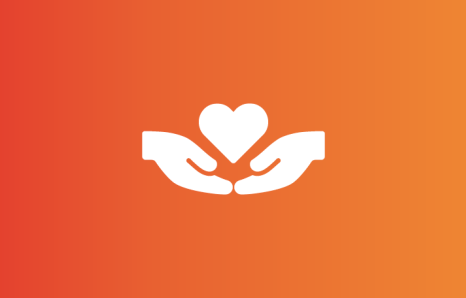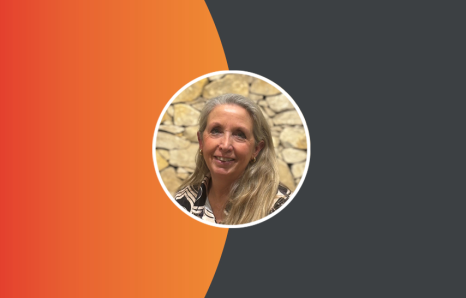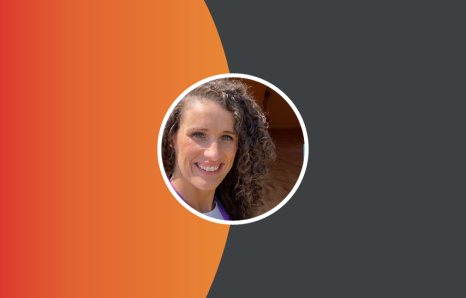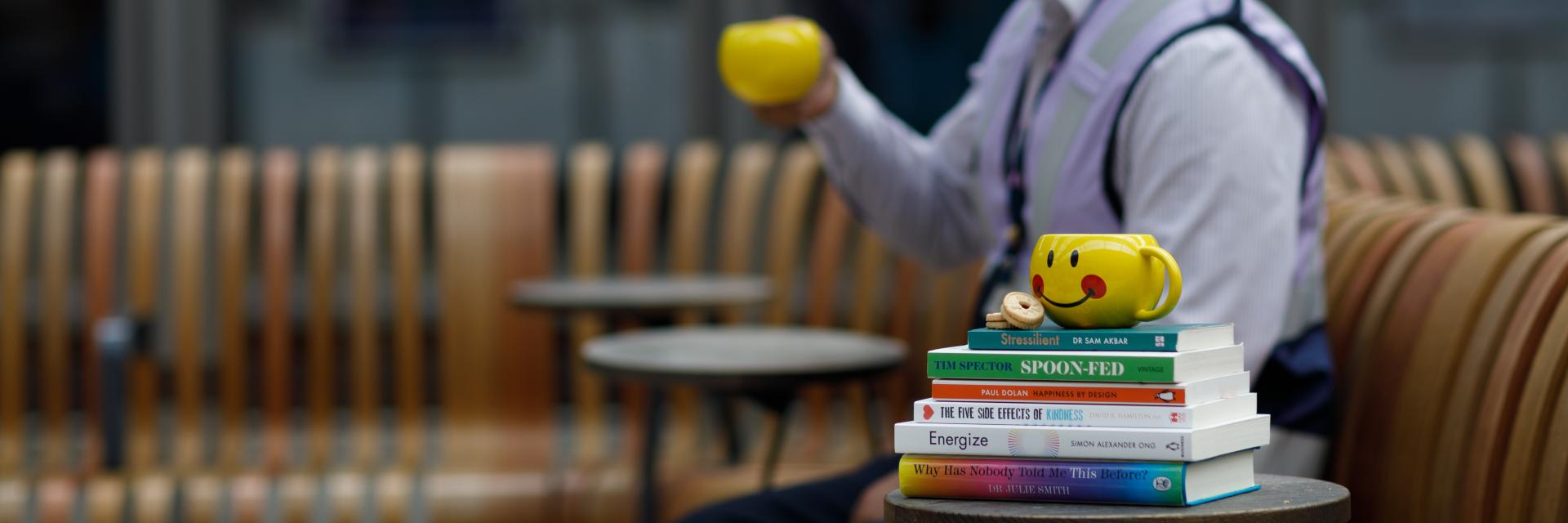This session covers everything you need to know about the Railway Mental Health Charter, which aims to end mental health stigma, get conversations underway, and create an open culture where all colleagues know where to ask for support.
You may also be interested in:

A manual for being human
Dr Sophie Mort helps you understand why we all feel anxious, stressed, insecure and down from time to time. Her three-step methodology helps you to identify problems arising from past experiences and current life events, and look at the patterns, bad habits and negative cycles that may make you feel stuck. Then, by drawing on established, proven therapeutic techniques, provides a toolkit of go-to techniques to use whenever you need them. This session offers support to those feeling lost at sea in today’s troubling times and gives you the tools to help get the most out of life.

The art of saying 'no'
Have you ever wondered where to draw the line? Do you find yourself over-committing, people-pleasing, or have a fear of upsetting others? Setting personal boundaries is one of the most essential tools for healthy living. It also happens to be one of the hardest things to do.
Psychotherapist, counsellor and author, Jennie Miller delves into the art of saying ‘no’. She shares tips on how to set boundaries, whether it is in the workplace, with friends or at home.

Is it bullying or banter?
Watch this talk on recognising when banter crosses the line into bullying. Learn how to use humour responsibly, support a speak-up culture, and foster ongoing awareness for a respectful, inclusive environment.
